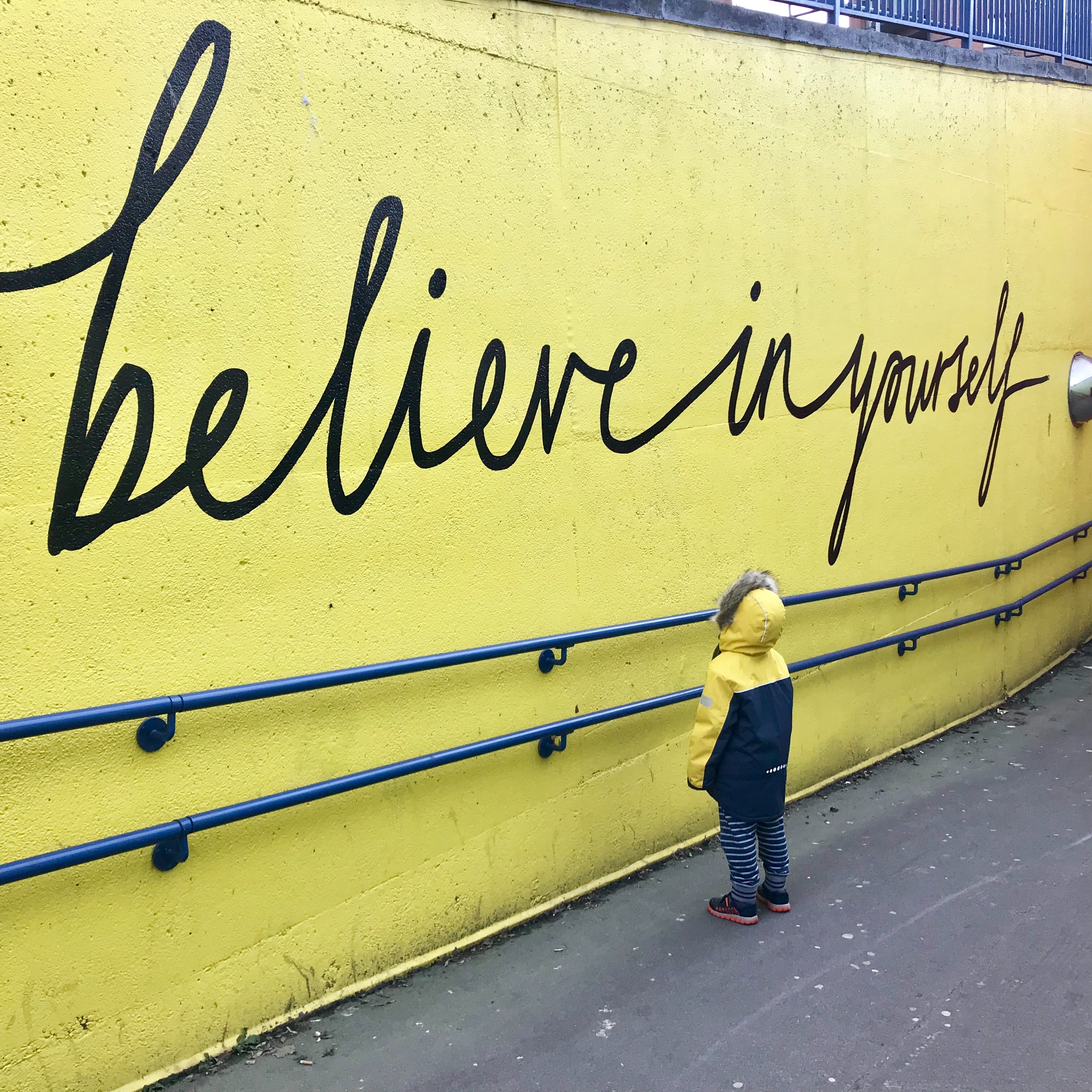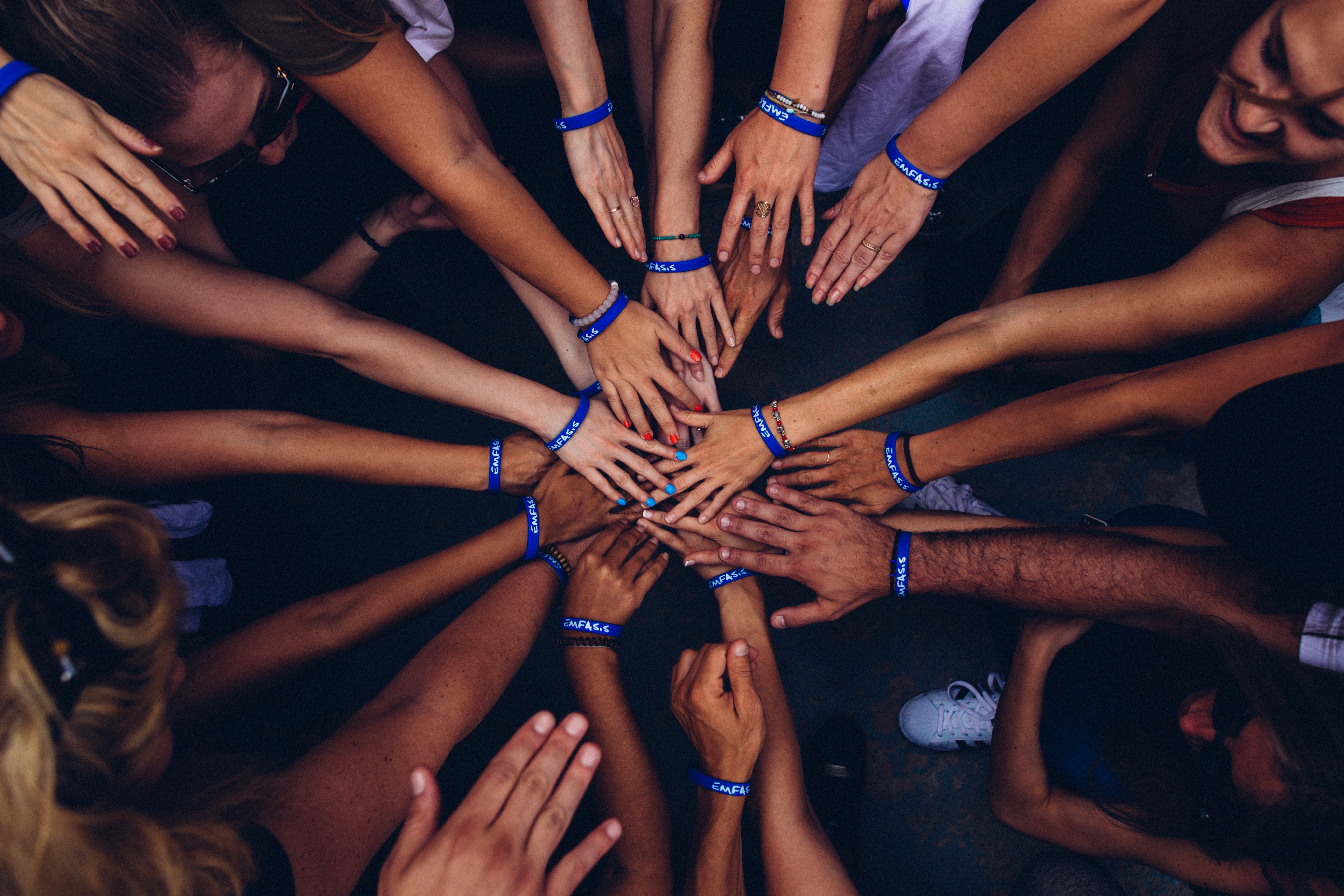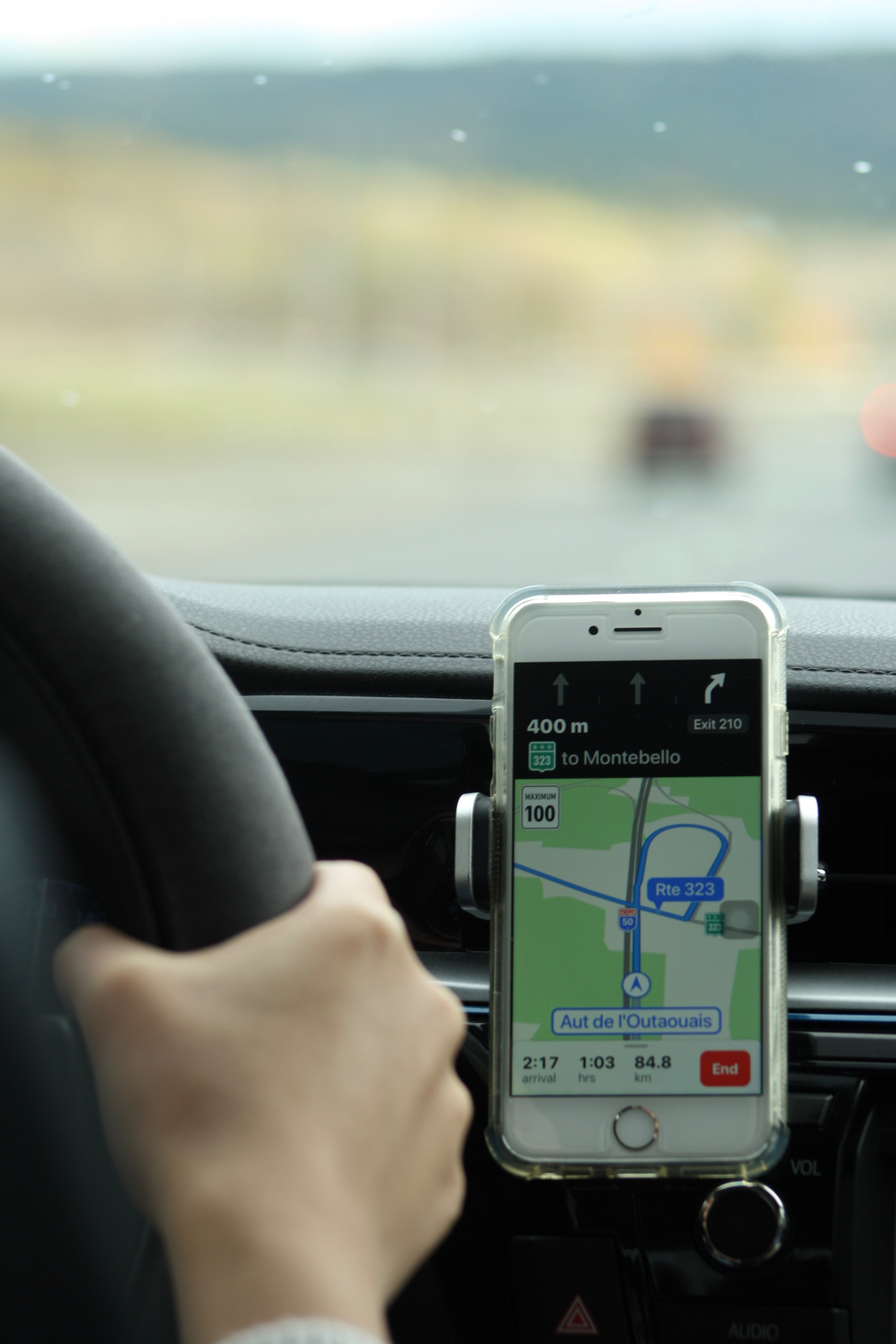| Lately, I’ve been relying heavily on my GPS navigation device to traverse unknown streets around the country as I travel.
And I’ve noticed that the GPS is masterful at using leadership strategies to ensure I continue to follow it.
Here’s what the GPS can teach us about being a better boss:
1. Alternative Routes
By offering a variety of route options (fastest, scenic, avoid tolls), the GPS allows us to choose, ensuring we are involved from the beginning.
Behind a wheel or behind a project, people crave involvement. With autonomy to choose the route, people will own their choice.
2. Traffic Ahead
By regularly offering updates on traffic delays, construction, accidents, and alternative routes, the GPS shares requisite information to reach our destination successfully.
People trust leaders who share information that contributes to the success of the goal.
3. Stay in the Right Lane
The GPS software is programmed to state directions in the positive, not in the negative, ex: “Stay in the right three lanes.” (instead of, “Don’t use the left lane.” or “Don’t take this exit.”)
When we focus on positive directions, people feel good about themselves, and they persevere.
4. Rerouting…
When we miss a turn or don’t follow the directions, the GPS simply says, “Rerouting…” It never scolds, “You missed the exit!” or “Wrong turn!”
We lead better when we help people accomplish a goal without judgment or criticism. Stay invested in the destination, not the route.
5. You’ve Reached Your Destination!
When we arrive, the GPS hails our accomplishment, “You’ve reached your destination.”
People are starved for acknowledgement and recognition.
While we employ it to serve our success, in actuality the GPS is leading us on the journey… like a great boss! |

![]()


![]()


![]()


![]()


![]()


![]()


![]()

![]()


![]()
